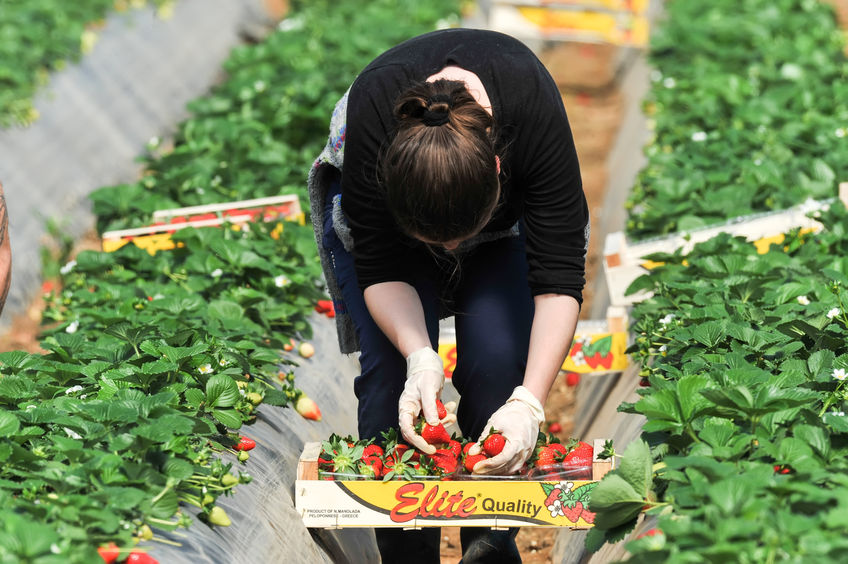
A two-year long programme looking to build a fairer food and farming system for the UK has been announced.
Announced ahead of the formal Commission launch next month (1 November), the RSA Commission on Food, Farming and the Countryside will look at the potential to build a sustainable future for the UK’s countryside.
The news comes as the UK looks to overhaul its food policy as it is set to leave three separate but overlapping European institutions which have underpinned the UK’s policy for the last 40 years.
These include the European Union and its Common Agricultural Policy - which sets the framework for farming subsidies and sets standards in food regulation and environmental protections.
It also includes the Single Market, which enables the free trade and distribution of food produce and free migration of workers. EU-born staff represent 20% of the permanent farming workforce and 90% of the seasonal workforce harvesting fruit and vegetables.
Lastly, it includes the Customs Union, which places a shared tariff and quotas on goods like New Zealand lamb or American soy beans to participating countries, from areas outside the bloc.
Mandate for change
Sir Ian Cheshire, chair of Barclays UK, will chair the RSA Commission. He will lead the Commission’s work on what a new system could look like.
It will look at protecting standards and securing food supply; reforming public investment and the livelihoods of rural communities, and making the most of any new trading opportunities.
The programme is hoping to develop a mandate for change for food, farming and the countryside for the UK, shape a system that is fairer and aligns more closely with UK population's expectations, and demonstrate how national policy can achieve change at local level.
Sir Ian Cheshire said: “We will recommend how the UK should shape its food, farming and countryside policy and practice after Brexit, as a country which imports 40% of its food and where, until now, EU policy has defined the farming sector and our natural rural landscapes.
“Leaving the Common Agricultural Policy will mean we need a whole new approach to how government ensures rural land – about 70% of which is farmed – delivers the greatest long-term benefit to UK society. Our food system is at the centre of this debate, and there are significant implications for the UK’s nations, regions and communities.
“All this is against a backdrop of climate change, emerging aspirations on future trade policy, and our ever-evolving relationship to what we eat,” Sir Ian Cheshire explained.
